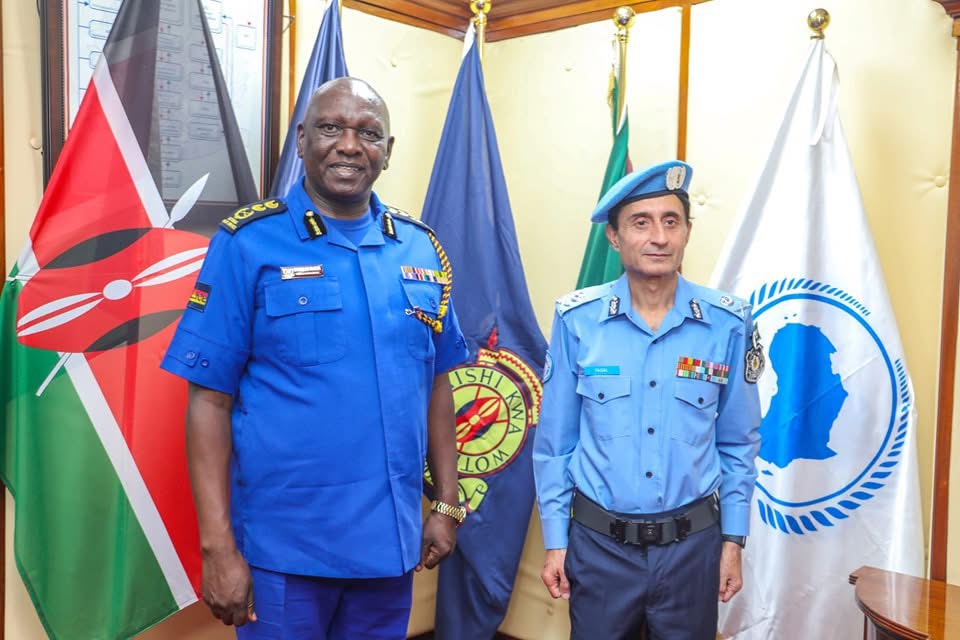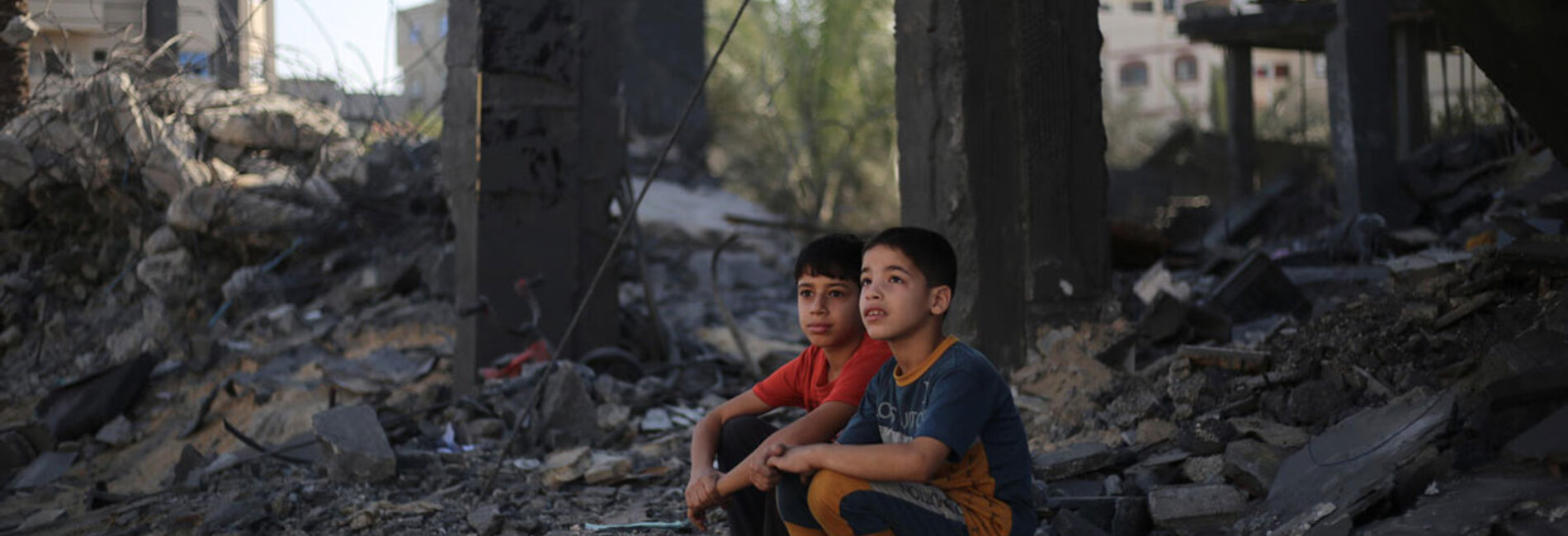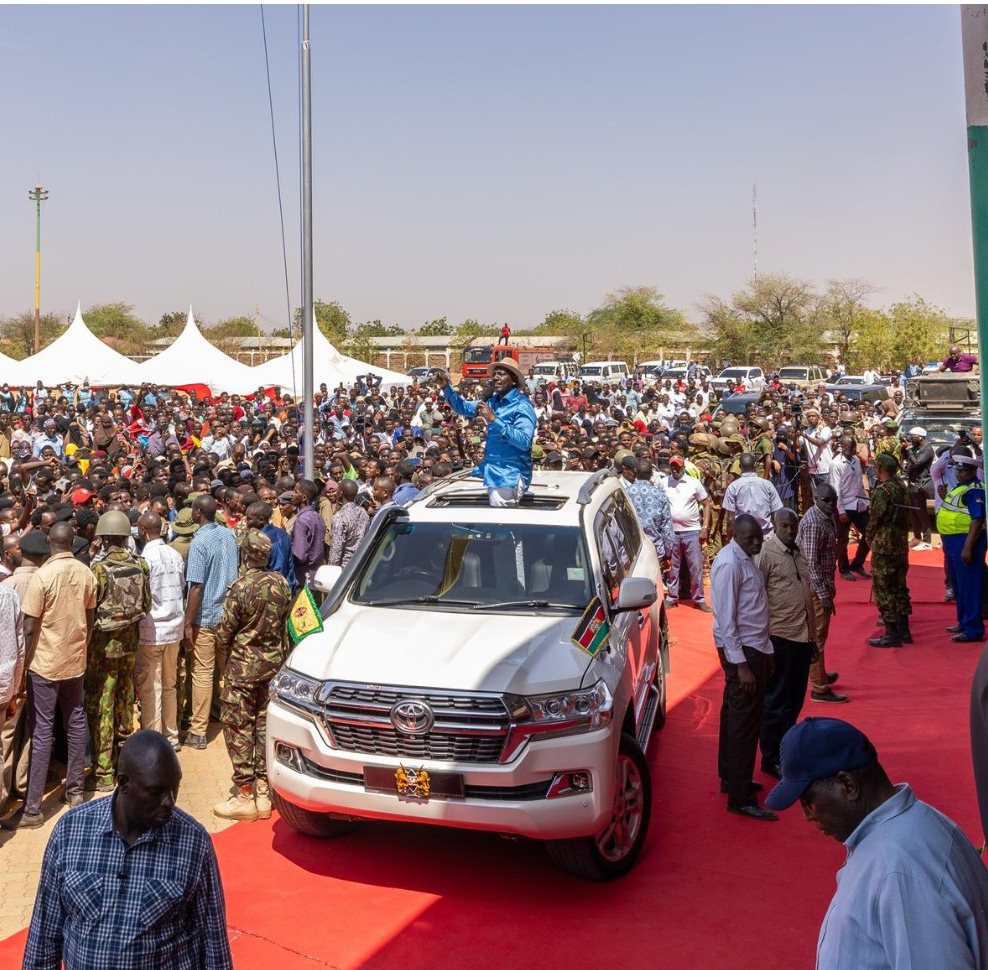The United Nations Police Adviser and Director of the Police Division, Department of Peacekeeping Operations, at UN Headquarters in New York, Faisal Shahkar, has approved the transformation of the Kenya police-led mission in Haiti into a formal United Nations (UN) peacekeeping mission.
This decision follows a request by the United States for the UN Security Council to formalize the mission. The transformation would secure funding through assessed contributions from member states, expand the force, and provide the equipment necessary for its operations.
The announcement coincided with a security operation conducted by the Kenya police in Haiti on Monday last week. During the operation in a slum in Port-au-Prince, a high-calibre weapon was recovered, and several criminal gang members were either arrested or fatally injured.
Officials revealed that gang members had planned an attack on the Kenscoff area. Multinational Security Support (MSS) Mission Force Commander Godfrey Otunge stated that distress calls from Kenscoff residents reporting imminent gang attacks prompted a swift response from the team.
“Several gang members were arrested while others were fatally injured. A high-caliber firearm along with a communication radio was recovered during the operation,” Otunge confirmed.
He further noted that the mission had entered a critical and decisive phase, urging stakeholders to contribute and support its progress. Otunge also issued a warning to gang leaders, stating that their days were numbered.
The MSS Mission, headquartered in Port-au-Prince, is an international operation led by Kenya and authorized by the United Nations Security Council. Its objective is to assist the Haiti National Police (PNH) in restoring peace, law, and order amidst escalating threats from criminal gangs and widespread violence.
Currently, there are 617 Kenyan police officers in Haiti, along with police and military personnel from Jamaica, The Bahamas, Belize, Guatemala, and El Salvador. This brings the total number of foreign security personnel to just under 800.
Haiti has been plagued by armed gangs, which took control of numerous neighbourhoods in Port-au-Prince and its surrounding areas last year. The violence resulted in some of the worst massacres in recent memory, deepening the country’s humanitarian crisis and displacing tens of thousands of Haitians.
According to the United Nations, over 5,600 people were killed by gang violence last year, marking an increase over the previous two years. Currently, more than 1 million Haitians are displaced due to the unrest.
Faisal Shahkar, who played a pivotal role in approving the transition of the MSS to a UN mission, recently visited Nairobi. During his visit, he met with senior Kenyan officials, including Inspector General of Police Douglas Kanja and Foreign Affairs Principal Secretary Korir Sing’oei. Shahkar also toured training camps where Kenyan police officers deployed to Haiti undergo pre-deployment training.
Shahkar expressed his satisfaction with Kenya’s preparations and endorsed the transition of the MSS mission to a formal UN peacekeeping operation. Inspector General Kanja commended the UN for its ongoing support, which has enabled Kenyan peacekeepers to perform successfully in various missions.
The UN adviser was accompanied by Ersin Zafer, Police Reforms Adviser at the UN Police Standing Capacity in Brindisi, Italy.
The visit is viewed as part of the ongoing efforts to ensure the successful transformation of the mission, further solidifying Kenya’s role as a key contributor to international peacekeeping and support operations.





